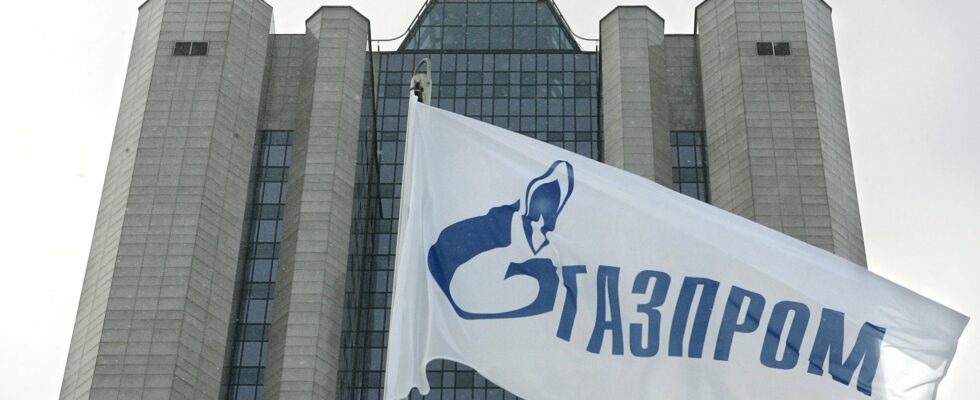kyiv and Moscow confirmed in two separate press releases that deliveries of Russian gas to Europe via Ukraine had definitively ceased this Wednesday, January 1, after the expiration of a five-year contract signed between the two parties at the end of 2019.
“We have stopped the transit of Russian gas, it is a historic event. Russia is losing markets, it will suffer financial losses”, welcomed the Ukrainian Minister of Energy, German Galushchenko, quoted by his services .
“Since 8:00 a.m. (05:00 GMT), Russian gas has not been supplied for transit through Ukraine,” said Gazprom, the Russian gas giant. “Due to the repeated and explicit refusal of the Ukrainian side to extend this agreement, Gazprom was deprived of the technical and legal possibility of supplying gas for transit through Ukraine from January 1,” lamented the Russian state enterprise.
According to Ukrainian Minister German Galushchenko, “Ukraine has informed its international partners” of the shutdown, planned for several months. In recent weeks, Hungary and Slovakia have complained about seeing the tap cut off on December 31, without any real credible immediate alternatives. “Stopping gas transit via Ukraine will have a drastic impact on all of us in the EU, not just the Russian Federation,” Slovak Prime Minister Robert Fico, who remains close to Vladimir Putin, said in a video posted on Facebook. and whose country is very dependent on Russian gas supplies. The nationalist leader went to Moscow on December 22 to try to find an urgent solution. This surprise trip angered Volodymyr Zelensky, who accused Robert Fico of wanting to “help Putin”.
The Polish Minister of Foreign Affairs, for his part, welcomed the end of the transit of Russian gas, considering this gesture as “a new victory” over Moscow.
14.65 billion cubic meters in 2023
In addition, the Russian giant Gazprom must stop delivering gas to Moldova also from Wednesday, in the context of a financial dispute with this former Soviet republic which has just re-elected a pro-European president.
The contract allowing the supply of Russian gas to Europe via Ukraine, signed between kyiv and Moscow in 2019, had until then remained in force despite the war, financially benefiting both camps.
With the end of transit via Ukraine and more than two years after the sabotage of the Nord Stream tubes in the Baltic Sea, Europe will now only be supplied with Russian gas by the TurkStream gas pipeline, and its Balkan Stream extension. It also imports Russian LNG by LNG tankers. The transit of Russian gas to Europe via Ukraine represented 14.65 billion cubic meters in 2023, according to official figures.
